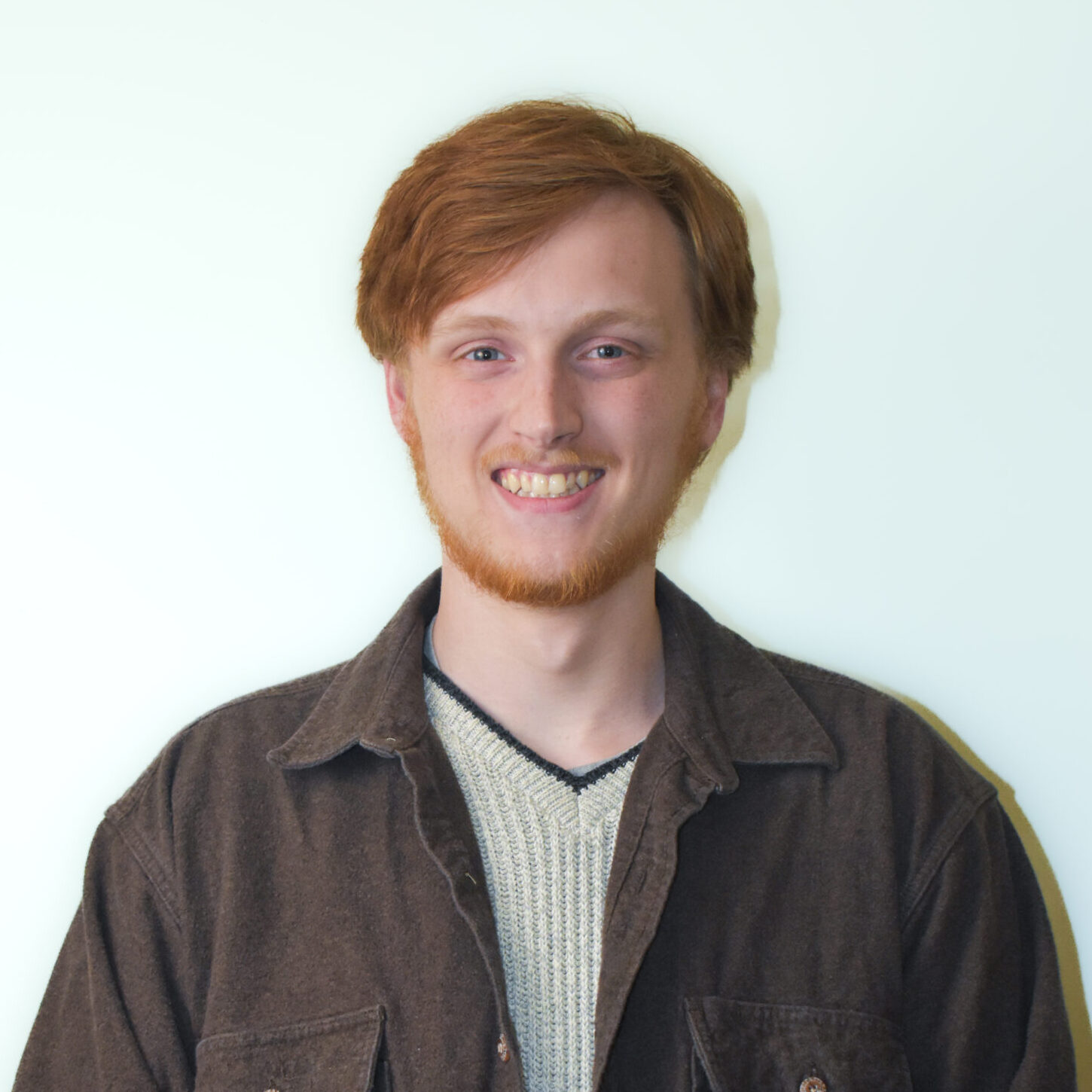German Jewish Holocaust survivor Marion Deichmann shared her story with Loyola students and faculty at an annual Holocaust anniversary event.
Holocaust Survivor Marion Deichmann Speaks at Loyola Anniversary Event
Content warning: This story mentions the Holocaust, genocide, antisemitic violence and death.
Marion Deichmann, a Jewish German survivor of the Holocaust, spoke at Loyola’s Kristallnacht Anniversary Event Nov. 10 in the 4th floor of the Information Commons. Marion Deichmann spoke to students and faculty about surviving as a child during the Holocaust, how her mother was taken during the Vel D’Hiv roundup in Paris and about her 2017 memoir written as a tribute to her mother.
The event lasted about two hours and was organized by Dr. Elliot Lefkovitz, adjunct professor of history at Loyola. It was hosted by Loyola’s history department and university libraries.
From Nov. 9-10, 1938, a series of violent anti-Jewish pogroms, or local riots by non-Jews against Jews, occurred throughout Nazi Germany according to the United States Holocaust Memorial Museum (USHMM). The event came to be known as Kristallnacht, or the Night of Broken Glass, in reference to the windows of Jewish businesses and synagogues which were broken during the pogrom, according to USHMM.
The Vel D’Hiv roundup on July 16-17, 1942 in Paris was the largest roundup and deportation of French Jews during the Holocaust and afterwards most of those deported were sent to the Auschwitz concentration camp, according to USHMM.
Marion Deichmann was born in Germany just before Adolf Hitler was appointed chancellor on Jan. 30, 1933, according to Comteq Publishing. During the presentation Marion Deichmann described how she and her mother fled Germany through Luxembourg and into France, where they ended up in Paris.
During the Vel D’Hiv roundup, Marion Deichmann’s mother Alice Deichmann was collected and later deported to Auschwitz where she was killed. Marion Deichmann wrote a memoir “Her Name Shall Remain Unforgotten: A child in the heart of the genocide” in 2017 in honor of her mother, according to Comteq Publishing.
Lefkovitz estimated that he and the history department started the event in 2013, with the goal of commemorating the anniversary of a particular event from the Holocaust each year. The Phoenix reported in 2012 about Ralph Rehbock, a Jewish German survivor of the Holocaust who spoke at that year’s Kristallnacht anniversary event. This year was the 84th anniversary of Kristallnacht and the 80th anniversary of the Vel D’Hiv roundup, according to the event flyer.
“Each year I try to find some anniversary date,” Lefkovitz said. “And, if God wills it, if I’m still here in two years, it will be the 80th anniversary of the extermination of the Jews of Hungary and one year after that will be the 80th anniversary of the liberation of the concentration camps. So we always try to tie it to a particular anniversary.”
Marion Deichmann said she appreciated how Loyola students freely came to her presentation, their interest in history and her part in it.
“I think it’s very well,” Marion Deichmann said. “It’s the first time I gave [the presentation] to university students and it used to be just high school students, and I find the difference gratifying.”
Since the early 1980s, Lefkovitz said he has taught Holocaust and Genocide in the Modern World at Loyola. The Phoenix reported earlier this year about Steen Metz, a Danish survivor of the Holocaust who spoke about his experience in the Theresienstadt concentration camp. To find the survivor for this year’s Holocaust anniversary event, Lefkovitz said he contacted the Illinois Holocaust Musuem with the help of Amanda Friedeman, their assistant director of education.
“But now the survivors are disappearing,” Lefkovitz said. “I mean, Marion is going to be 90 in a few weeks. I don’t know if I can find any survivor of the Warsaw Ghetto Uprising in the Chicago area, I really don’t. But whether we get a survivor or not, we’ll do something. Because that’s the idea, to have Loyola students be in contact with a survivor and since time is running out it’s now or never.”
Lefkovitz said he thought the presentation was effective and said he hopes Loyola students become more aware of humanity’s capacity of inhumanity towards each other, and to do whatever they can in their lives to work against it and prevent it.
“This is a time of rising global antisemitism including in the United States, whether the actions are both covert and overt,” Lefkovitz said. “All of this does not mean that the sky is falling and that we are looking at the same antisemitic climate of what we saw in the 1930s. It does mean that we have to take contemporary manifestations of anti-Jewish hatred seriously.”
Deichmann appreciated Loyola students’ interest in history and her part in it and said she would definitely want to come back to speak at Loyola.
“Hatred is bad, so tolerance is good.” Deichmann said. “In other words, prejudice is bad. You don’t have to like everybody, but not on their religion, color, whatever.”
-

Hunter Minné wrote his first article for The Phoenix during just his first week as a first-year at Loyola. Now in his third-year on staff and second as a Deputy News Editor, the Atlanta-native is studying journalism, political science and environmental communication alongside his work at the paper. For fun he yells at geese.
View all posts
Topics
Get the Loyola Phoenix newsletter straight to your inbox!


